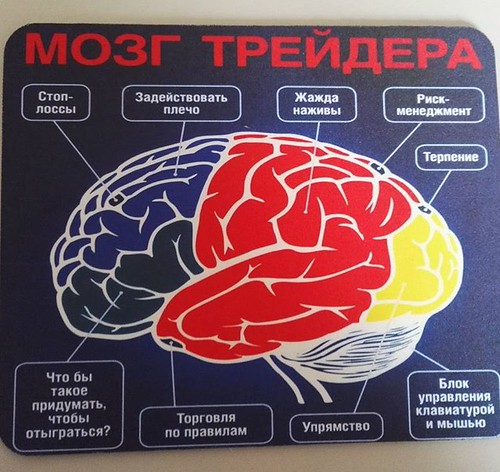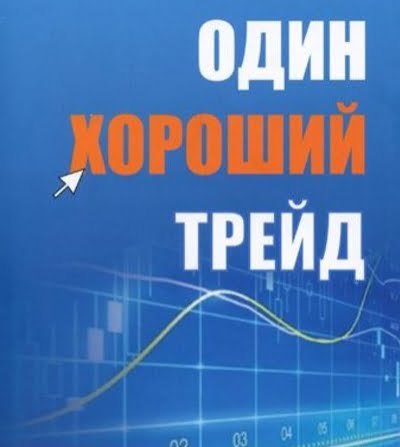
If you believe the data of electrocorticography, the main emotion of the subjects, gamblers with a computer - regret of past mistakes
Most generalized statements about life (for example, "Life is a river") empty. Nevertheless, apart among them is Pushkin's "What is our life? Игра!" - at least, from the point of view of a psychologist. The fact, what's in the mind of a person, unknown bettor, very fundamental cognitive processes take place in the simplest model form: decision making under data scarcity, desire to receive an award, assessment of possible losses, regretting wrong decisions and adjusting future strategies. That is why a gambling trader is a desirable object for neuropsychologists, and on this model, they will try out a variety of methods for studying brain activity.
В недавней работе исследователей из Университета Калифорнии, Berkeley, the method of electrocorticography was used (ЭКоГ) - receiving data from a network of hundreds of electrodes, placed directly on the surface of the brain. The method allows up to a thousand measurements per second with unprecedented resolution. To carry out such experiments on people allows that circumstance, that similar networks of electrodes are implanted in patients with severe epilepsy for a more accurate diagnosis before surgery. Neurophysiologists can take advantage of the situation and invite patients to volunteer in their experiments at the same time.. One of the main authors of the work, Professor Robert Knight, has been specializing in this kind of research for ten years, and now it came to gambling.
Place your bets
The experiments were, that the subjects were asked to make a bet - more or less, at his request - and through 550 milliseconds the computer told him about winning or losing. Researchers could vary the odds of winning and its size, and this was reflected in the picture of the brain activity of the subjects. Since the conditions of the game varied directly during the experiment, neuroscientists have always known for sure, pondering which of the rounds the subject's brain is busy with in a given millisecond.
A rough idea of how, what is the player's brain doing, could be obtained from previous research, conducted by more crude methods of magnetic resonance imaging and electroencephalography. Of these, it was known, what is most interesting is happening in the orbital-frontal cortex, responsible, in particular, for the analysis of social interactions. In this area of the brain, in the left hemisphere, there is a section of bark, excitement in which, apparently, corresponds to the emotion of regret. This particular site, according to Californian researchers, and flashed every time after the announcement of the results of the gambling round.
Several curious circumstances came to light. Firstly, regret was the main emotion of the subjects as after losing, and after winning: In the first case, obviously, they grieved about the lost bet, and in the second they were sorry, what didn’t put more. Secondly, the minds of the subjects were exclusively occupied with the results of the previous round of the game, and they did not refer to earlier experience (as explained above, the experimenters knew about it, because they could vary the conditions of the rates and fix the corresponding picture of brain activity). Thirdly, the picture did not change in any way after, how the subject made another bet: instead of happily expecting a win - or even regretting his recent risky bet - his brain continued to analyze the results of the previous round, and it went on all 550 milliseconds before declaring a new result.
To fail, as last time
From the results of the experiment follows, that our orbitofrontal cortex is mainly occupied with, which over and over again reproduces recent experience and captures, what exactly does not suit us in it (this, actually, and there is the emotion "regret"). At least, this is its function in those happy hours, when its owner, with varying success, bets on "red" or "black", trying to figure out the secret laws of roulette. Probably, when processing more rational experience from other areas of activity, the picture will be similar: in life there is always a place for disappointed expectations and the intention not to repeat past mistakes.
Talking about a patch of bark, specializing in bitter regret, an interesting story should be remembered. Back in the middle of the 19th century, this part of the brain was the first to come to the attention of neurophysiologists., when there was a dramatic incident with American railroad worker Phineas Gage. In an accident, Gage's skull and brain were punctured by a metal rod.: the piece of iron entered the brain precisely in the region of the orbito-frontal cortex of the left hemisphere. Phineas not only survived, but did not even lose efficiency. Only his character has changed: from a calm and docile guy Gage became impulsive, unrestrained and very aggressive subject - one of those, who is sometimes described as "no brakes". Obviously, that our "brakes" are just regrets about the undesirable consequences of our decisions and a desire not to repeat mistakes. The floor to Professor Robert Knight: “If you don’t know how to regret anything, you are entering a world of psychological addiction and antisocial behavior ".
From the experiments of Californian researchers it is seen, what a huge role regret plays in the cognitive performance of ordinary people (simulated in gambling). The study authors believe, that the data they obtained on the activity of the cerebral cortex will allow a better understanding of, how certain brain damage is related - for example, as a result of trauma or tumor - with behavioral abnormalities. Note also, that these data may be of interest to economists as well, especially specializing in the popular field of "behavioral economics". The hypothesis that, that each new decision of the subject is based primarily on the desire to correct the undesirable consequences of the last previous decision, deserves close attention of specialists from different fields of science.
Transfer: www.forbes.ru/tehnologii/366967-neyrobiologi-v-kazino-chto-tvoritsya-v-golove-igroka


